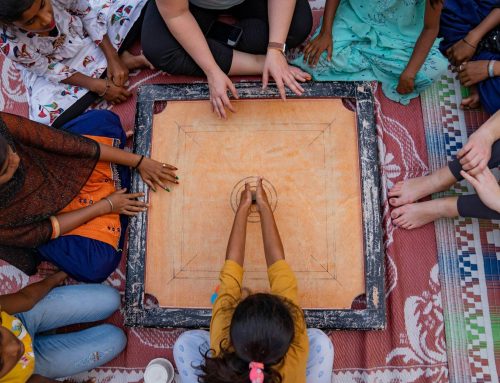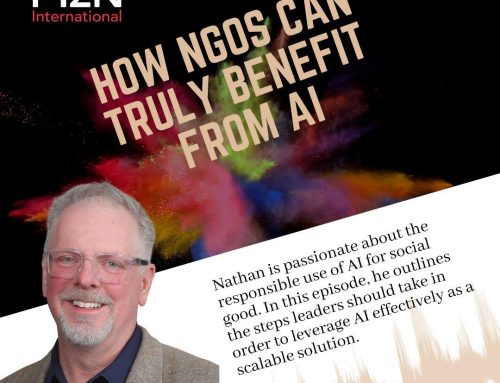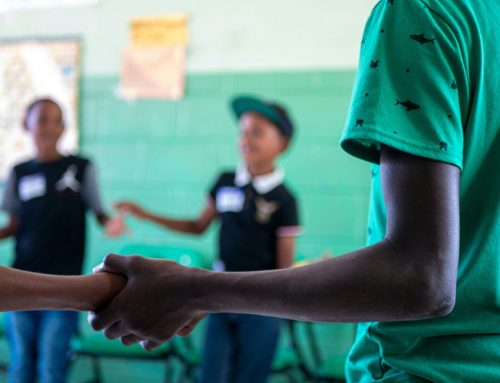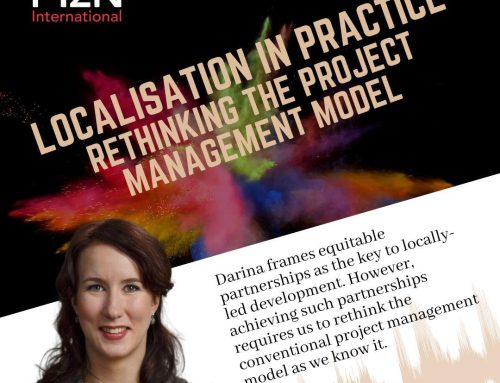A question that really drives great aid organisations.
Great innovators, from all walks of life and in every corner of the earth have made their impact on the world by relentlessly asking if there is a better way to create positive change.
There is a lot of talk about knowledge exchange, single and double loop learning and information sharing, and not just in the development and aid sector. Faced with severe funding limitations, changing business models and an ever more complex context, many NGOs, donors and other non-profit organisations struggle to find the answer to the question “How do I improve my impact?” Sometimes, we even ask “How do I even prove the impact I am having, if any?”
Great innovators, from all walks of life and in every corner of the earth have made their impact on the world by relentlessly asking if there is a better way to create positive change.
As valuable as the concepts of knowledge sharing are, they miss one fundamental point: Knowledge should inspire innovation. And innovation comes from refusing to accept limitations, pushing for more, believing that the possibilities are indeed endless.
This might sound too poetic for pragmatic programme managers. When you have enough on your plate navigating an organisation’s policy minefield and then having to tiptoe around competing policy priorities of donors, governments and other stakeholders, innovation might be the last thing you can think of.
And indeed, neither myself nor my development consultancy firm MzN International are particularly poetic. We do what we say, we say what we can do and we stick to what we know and do well. Simple!
Knowledge should inspire innovation. And innovation comes from refusing to accept limitations, pushing for more, believing that the possibilities are indeed endless.
Not so simple. There is one great thing about MzN International and many other organisations I work with. I have the pleasure to work with people who often come to my desk and say “there must be a better way to do this”.
It makes sense to remember that true learning, quicker adaptation to new ways and new contexts and real innovation come from a refusal of the status quo and a refusal to be limited by unchangeable circumstances, current technology or the challenging environment we work in. I regularly overhear conversations near the coffee machine with my colleagues, partners and consultants uttering “I just don’t think that this should hold us up” or even “that is unacceptable – it must work better.”
Knowledge sharing itself is not the aim, but a means to innovation. Being institutionally able, intellectually capable and emotionally willing to decide when to accept knowledge as a possibility or when to refuse to accept it as an ultimate limitation is where good innovation comes from.
Neil DeGrasse Tyson summarises this simply as “because that was made possible in our minds, everything else was possible as well.” I think he has a point.
I think we should remember that in order to build a change -making machine, we need to challenge and question the limitations of the world around us.
I think that many NGOs, UN organisations and other organisations have lost their edge, focusing on funding improvements, better Theories of Change and clearer defined “impact checkpoints”. All very important things to do, but ultimately not why we are here.
Yet we all strive to make changes towards a better world.
I think we should remember that in order to build a change -making machine, we need to challenge and question the limitations of the world around us, simply by asking “is there a better way?”





